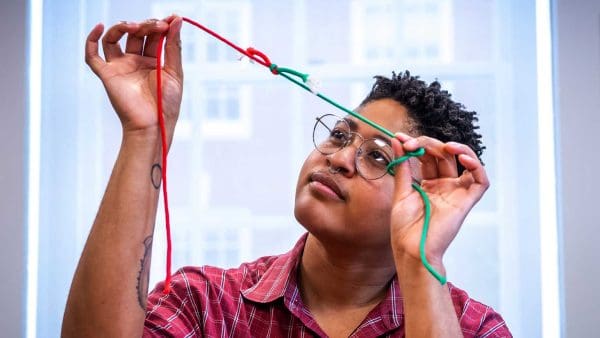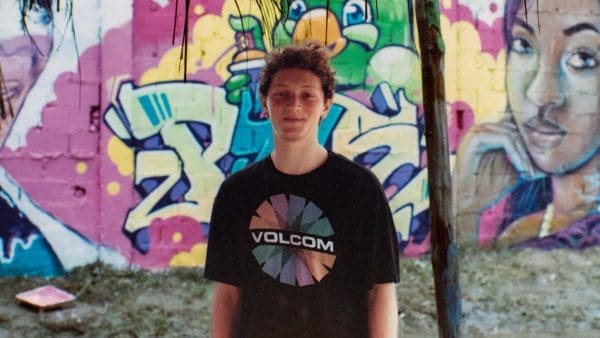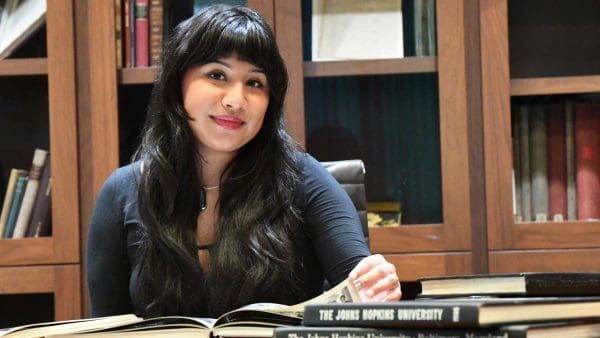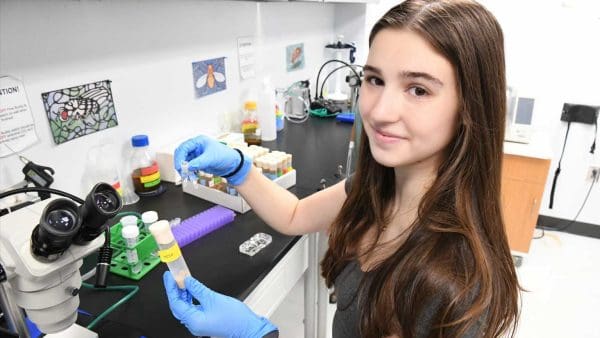Every day in the United States, an average of 5,200 people receive the grim news of a cancer diagnosis, according to the American Cancer Society. Junior Joyce Ker can relate to the awful duress felt by patients and their families. She experienced it firsthand when doctors discovered her father’s lung cancer.
To uplift patients with cancer like her father, Ker started a project called Dear Cancer. It seeks to help patients confront their new realities and express themselves through the process of creative writing.
Too often, Ker says, society marginalizes patients with cancer. Instead, it focuses on the medical details of their disease and deems their personal experiences less essential or simply worthy of pity. Ker hopes to help alleviate patients’ mental anguish by offering them a creative outlet.
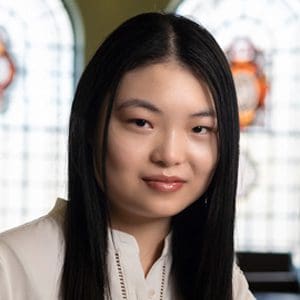
The ultimate goal is to make a difference in the illness experience of cancer patients. I hope Dear Cancer can make patients feel as if they are not alone, that they have the power to tell their stories on their own terms, and that their narratives matter.”
—Joyce Ker
The oldest form of healing
Backed by a Provost’s Undergraduate Research Award (PURA), Ker is developing a writing workshop tailored to patients with cancer. Participants will read and discuss pieces of fiction, creative nonfiction, and poetry, all touching on the journey that is cancer. Attendees will also compose and share their own creative works, giving voice and visibility to their unique experiences. Ker envisions the moderator-facilitated workshops taking place in person, as pandemic conditions permit. Or, as a remote or hybrid experience if more appropriate.
“Storytelling is considered to be one of the oldest forms of healing,” Ker says.
Ker has engaged in creative writing since high school. She received recognition through nominations for the Best New Poets anthology from the University of Virginia and for the Pushcart Prize, among other accolades. She is also a pre-med student and plans to attend medical school after graduation. Her choice of primary major—the interdisciplinary medicine, science, and the humanities major—further reflects the melding of fields that increasingly run parallel to each other.
The first workshops
Ker is currently working on implementing the first workshop with a group of patients staying at the Hackerman-Patz Patient and Family Pavilion. The building provides short-term housing for Johns Hopkins Sidney Kimmel Comprehensive Cancer Center patients and caregivers.
Ker hopes other medical institutions will adopt the Dear Cancer approach.
“When you confront, grapple with, and explore experiences that have inflicted suffering, and in some sense irrevocably changed your life,” says Ker, “and then you write about it, it can be so empowering.”

